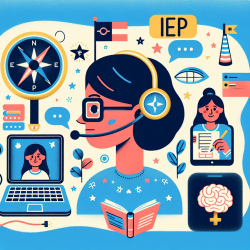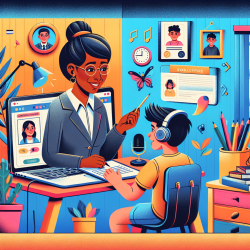Language Simplification – Phonological Processes
Have you ever wondered why it takes so long for a child’s speech to develop, or why your child might say "Gog" instead of "Dog"? Understanding the intricacies of speech development can shed light on these common phenomena.
When your child is learning to speak, they start with a simplified version of our speech. This simplification is a natural part of their development process. Children simplify speech because they are still learning how to coordinate their tongue, lips, jaw, and palate to produce the complex sounds that adults make effortlessly.
Marnee Brick, SLP and Co-Founder of TinyEYE, compares this simplification process to learning the piano. Just as you need to learn step by step and cannot simply sit down and play a concerto without many years of practice, children also need time to master the art of speech. This gradual learning is crucial for their development.
What Are Phonological Processes?
Phonological processes are the patterns that children use to simplify adult speech. These processes are typical in early speech and language development. They help children gradually acquire the skills necessary to produce adult-like speech.
- Substitution: This is when a child replaces one sound with another. For example, saying "wabbit" instead of "rabbit".
- Assimilation: This occurs when a child changes a sound in a word to make it more like another sound in the word. For instance, "gog" for "dog".
- Deletion: Sometimes, children might omit a sound altogether, such as saying "nana" for "banana".
- Reduplication: This involves repeating a syllable, as in "baba" for "bottle".
Why Is Understanding Phonological Processes Important?
Understanding these processes can help parents and educators support a child's speech development effectively. Recognizing that these patterns are typical can alleviate concerns and provide a clearer picture of what is normal in early speech development.
Moreover, being aware of these processes can help identify when a child might need additional support. If certain patterns persist beyond the expected age range, it might indicate a need for professional intervention, such as speech therapy.
How TinyEYE Can Help
TinyEYE provides online therapy services that are designed to support children in overcoming speech and language challenges. Our team of dedicated speech-language pathologists (SLPs) works closely with schools and families to deliver personalized and effective therapy solutions.
Our services are flexible and accessible, ensuring that every child has the opportunity to develop their communication skills to their fullest potential. By understanding and addressing phonological processes, we help children transition from simplified speech to clear and confident communication.
For more information, please follow this link.










